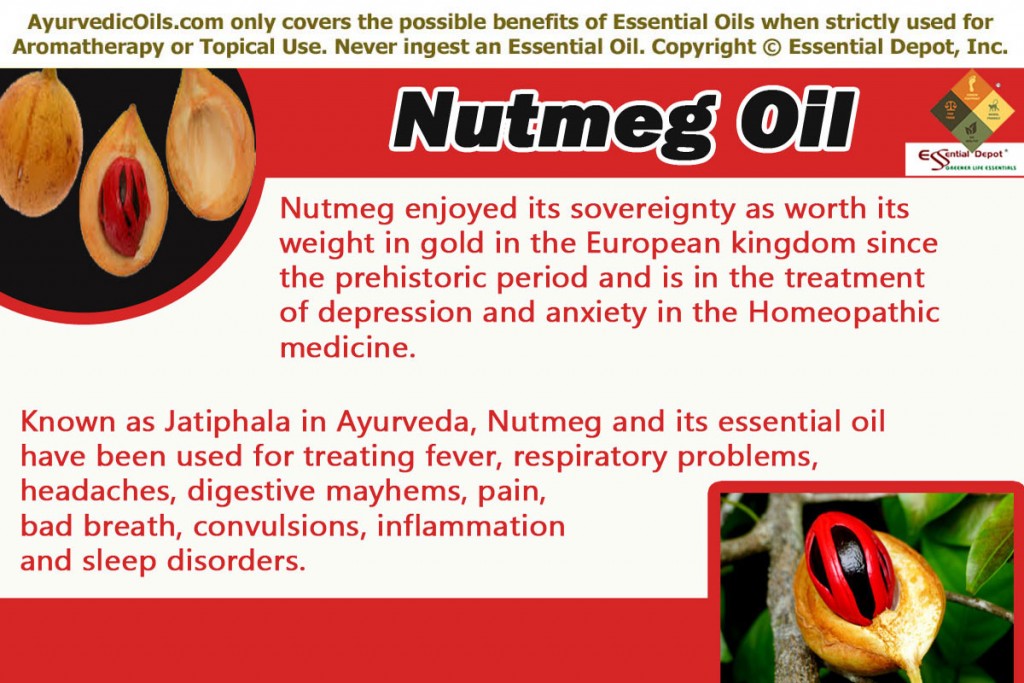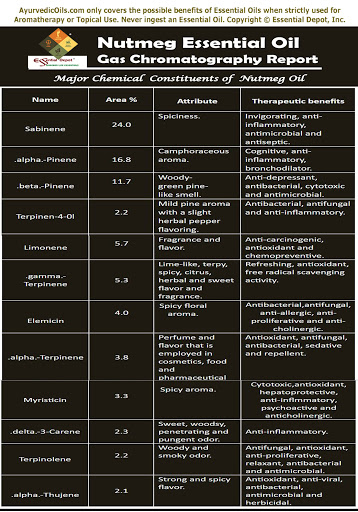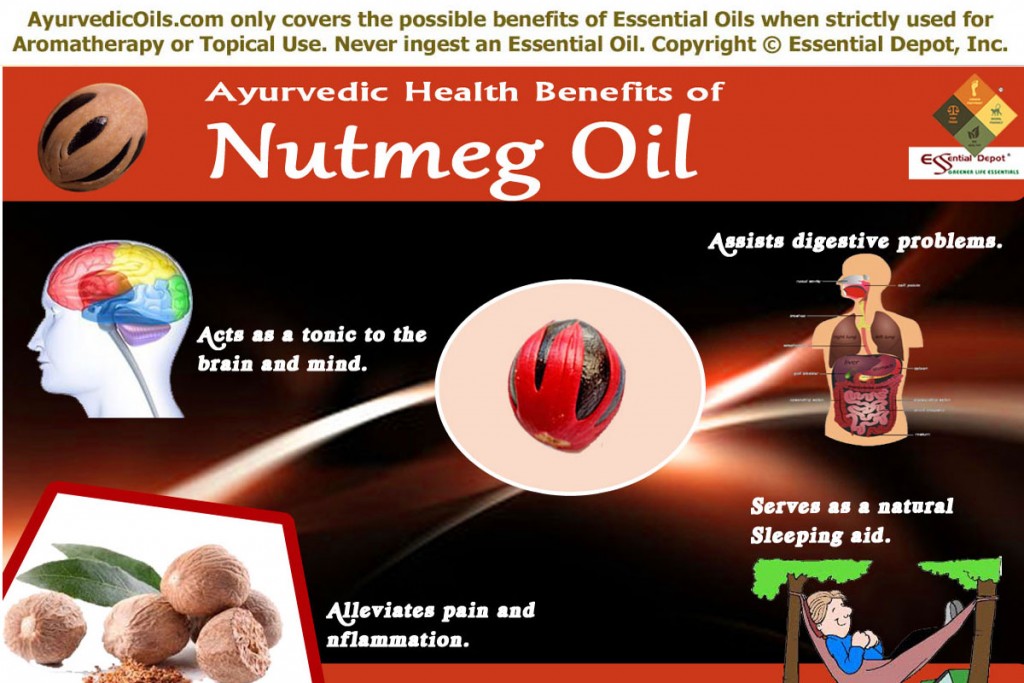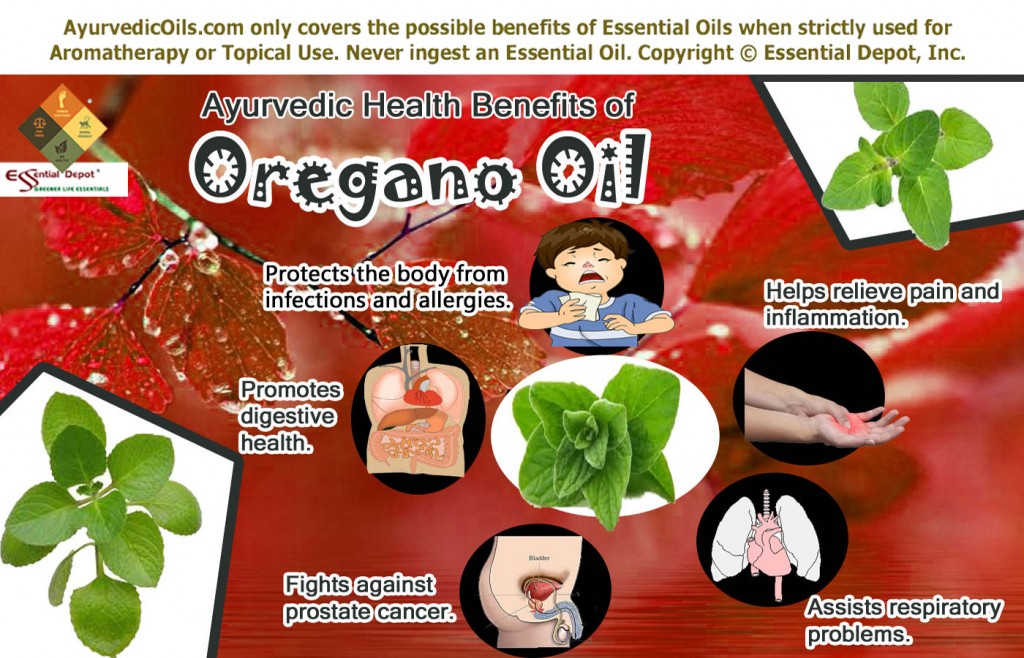You can seldom find an Indian kitchen without this noble herb named ‘Turmeric’, used since 4000 years in the ancient healing system known as Ayurveda. The power of this herb is being realized by the contemporary researchers and innumerable research studies prove its efficiency, fighting for its stand in healing even the most complicated of the diseases. Each and every part of the turmeric plant is beneficial in its own ways and the essential oil is extracted from the rhizomes or the roots of this plant and that is why most of the times, Turmeric essential oil is favorably called as Turmeric root essential oil. Whenever and wherever you talk about or think about Ayurveda, you can never neglect the essence and health values imparted by this grand herb known as ‘Kanchani’ in Sanskrit meaning ‘The Golden Goddess’.
Healing properties of ‘versatile’ herb Turmeric: Turmeric herb is scientifically known as Curcuma Longa. The essential oil extracted from the roots or bulbs of this Indian Saffron plant by steam distillation process is said to have anti-inflammatory, anti-bacterial, analgesic, anti-oxidant, anti-spasmodic, antiseptic, diuretic, anti-allergic, digestive, vulnerary, carminative, astringent, cardiovascular, cholagogue, anti-tumor, appetizer, stimulant and alterative properties proven to be the best natural cure for the most problematical human illnesses like cancer, HIV/AIDS, Alzheimer’s disease, urinary tract infections, amenorrhea, hemorrhoids, gallstones, sexually transmitted diseases (STD) like Genital Herpes, Hepatitis-C etc, liver problems and even the most obscure skin disorders. Ayurveda suggests the use of turmeric in daily cooking for its priceless medicinal benefits.
Ayurvedic health benefits of Turmeric essential oil: Ayurveda has proudly named Turmeric as an ‘All-Purpose Cleanser’, insisting on the benefits of this herb in purifying the body from internal and external disorders. This energizing herb is meant to support the imbalance of Kapha body type (who are generally fat, obese and with a hefty body) with its warming properties and that is why Turmeric is used as an effective remedy in numerous natural weight-loss treatments. It also helps in resuming the function of pitta and vata body types also.
Nature’s shield against cancer: Cancer is hard to think and difficult to digest and I have personally felt the pain of losing my near ones to this deadly disease, being ignorant of the curative values granted by Ayurveda few years back. Turmeric has been used in numerous Ayurvedic treatments to help fight against cancer as it is said to restrain the development of fresh blood vessels in tumors and holds its growth. An accepted research in 2011 has witnessed that Turmeric essential oil has the capacity to fight against the free radicals in the body and act as excellent antioxidant, antinociceptive and anti-inflammatory agents. Ayurveda’s uses of Turmeric oil as an effective tool for preventing cancer has again been proved by this research which says that Turmeric essential oil increases the level of Glutathione-S-transferase (GST) and augment carcinogen detoxification in the human body and effectively function as a perfect cancer-preventing force.
Brilliantly assists the digestive system: Along with imparting irresistible aroma and flavor to the food, turmeric supports the function of the digestive system. The safety prescribing authority of herbs in Germany known as the German Commission E has allegedly approved the use of Turmeric in treating digestive disorders. It stimulates the mucous element in the gastric juices and aids in curing irritable bowel syndrome, ulcers, constipation and other chronic digestive disorders. Turmeric essential oil strengthens digestion and eliminates the toxins that are stored in the gastrointestinal tract.
Pampers the skin perfectly: Turmeric is the beauty secret of Queens since the prehistoric period. Ayurveda suggests the use of Turmeric daily as it protects the skin from harmful bodies and gives a flawless fair complexion. You might have come across the use of Turmeric essential oil in innumerable skin care products in the market for it is celebrated to treat wounds, eczema, wrinkles, pigmentation of skin, pimples, acne, psoriasis, cuts, burns and other skin infections.
Other health conditions: According to Ayurveda, turmeric is said to reduce Kapha (mucous secretion) and hence it is used an as effective aid in treating respiratory problems like asthma, bronchitis, accumulation of phlegm, common cold, cough, flu etc. It improves blood circulation and helps in treating female health problems like amenorrhea, dysmennorhea, uterine tumors, endometriosis and cysts. It protects the liver, treats diabetes, kidney pain, colitis, food poisoning, headache, vascular dysfunction, blood pressure, inflammation, swelling and reduces excess cholesterol.
How to use Turmeric essential oil: This powerful essential oil can be diluted with carrier oils and used as a topical application or for a relaxing Ayurvedic massage. Few drops of oil can be added to potpourris, vaporizers, candles or diffusers for combating germs in the air and protecting the environment naturally. It can also be added to your bath tub for an aromatic, healing, stimulating and energizing bath. Turmeric essential oil is generally ingested for its antioxidant and anti-inflammatory properties but it is strictly advised to consult an expert Ayurvedic Practitioner before using this oil internally and if you are pregnant or getting ready for a child.
‘All that glitters is not gold’ is a popular adage. With the bright golden color, Turmeric in the Ayurvedic world can be remembered by saying ‘All that glitters is Turmeric’ (rightly called as the Golden Goddess).
Thought for the day♥
He who has health has hope; and he who has hope, has everything.
-Thomas Carlyle
Suggested reading:
- Turmeric: The Ayurvedic Spice of Life by Prashanti DeJager MS
- Curcumin: The 21st Century Cure: Prevent and Reverse: cancer, depression and dementia, digestive disorders, diabetes, pain and arthritis, heart disease and more by Jan McBarron M.D.
- Turmeric and the Healing Curcuminoids by Muhammed Majeed, Vladimir Badmaev, Frank Murray





